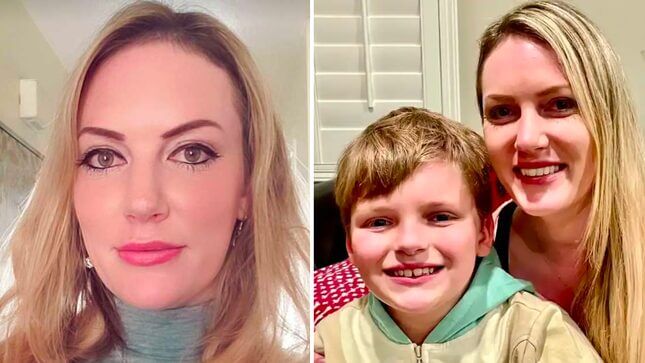Mother Charged With Murder Over Home Birth Will Face Trial
Kelsey Carpenter's newborn died shortly after her home birth. A court said the case against her meets the prosecution threshold “by the thinnest of margins."
JusticePolitics

Earlier this month, a first hearing took place for a mother who faces homicide and felony child abuse charges for a November 2020 home birth that ended in her newborn’s tragic death. And on Friday, a California appeals court denied a petition that the woman, Kelsey Carpenter, and her legal team filed to have the charges against her dismissed. They argued that she’s being improperly targeted for her decision to have a home birth, and cited AB 2223, a California law that prohibits people from being charged for behaviors during pregnancy that could result in abortion or perinatal loss. (AB 2223 took effect in January.)
In the court’s decision, obtained by Jezebel, a panel of three judges wrote that the prosecution team met the already low threshold to move forward with its case against Carpenter “by the thinnest of margins.”
In 2020, Carpenter, now 33, went into labor early and had a home birth that ended in the death of her newborn, Kiera. Carpenter has said she chose to give birth at home because she feared her baby would be taken from her by the state if she had a hospital birth, due to her substance use. (Carpenter had already lost custody of her first two children when they tested positive for drugs in the hospital.) In text messages sent by Carpenter prior to the birth, which the court references in its decision, Carpenter wrote, “I AM NOT LOSING MY KIDS AND THATS WHAT WILL HAPPEN IF I GO TO THE HOSPITAL.”
Following Kiera’s tragic death, instead of being offered support services to grieve the loss of her baby, Carpenter was charged in 2021 with homicide and felony child abuse. Together, these charges are punishable with up to two decades in prison. Carpenter has been in jail since February when she missed a hearing because she’d checked herself into rehab.
-

-

-

-

-

-

-

-

-

-

-

-

-

-

-

-

-

-

-

-

-

-

-

-

-

-

-

-

-

-

-

-

-

-

-

-

-

-

-

-








































